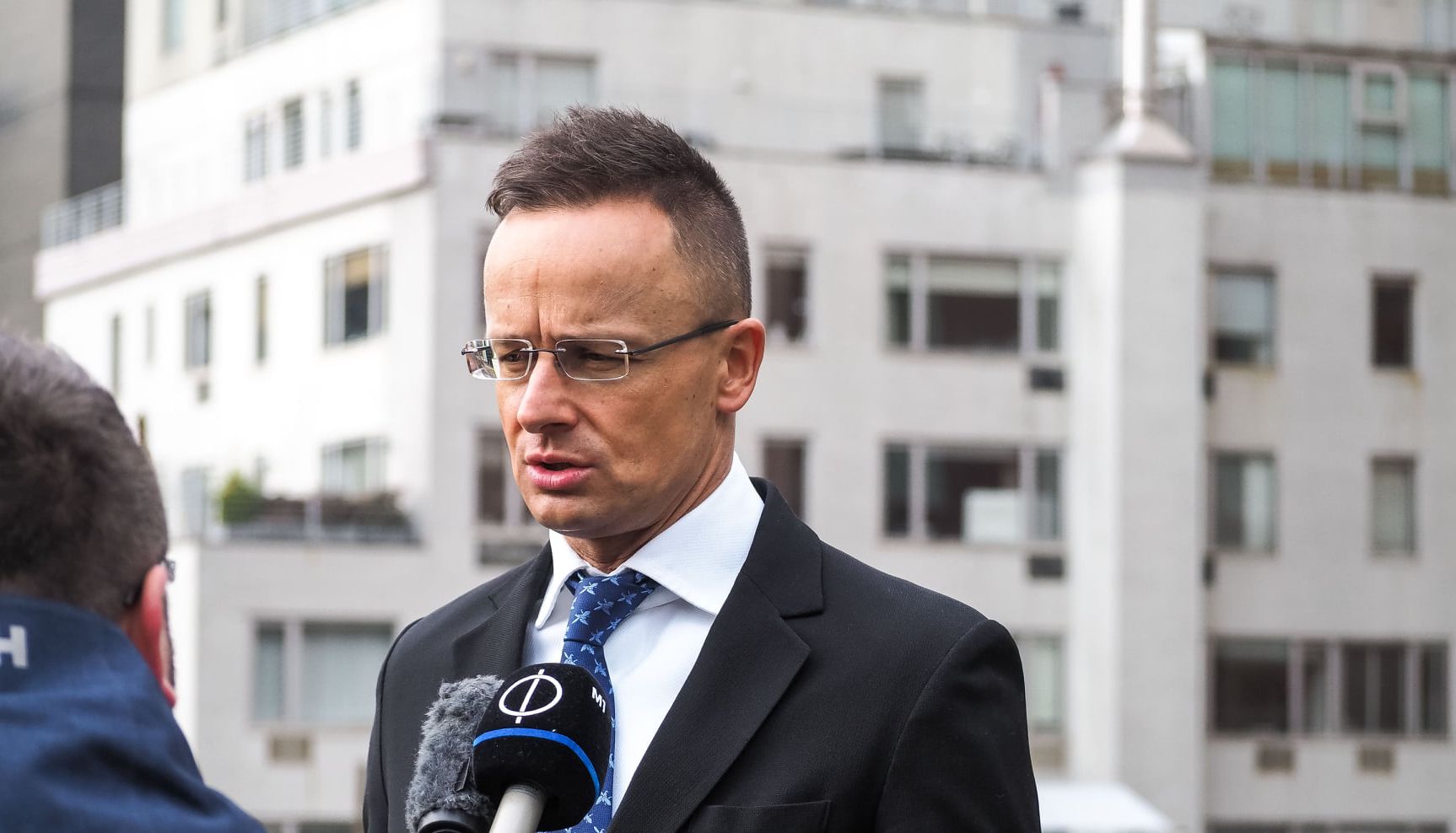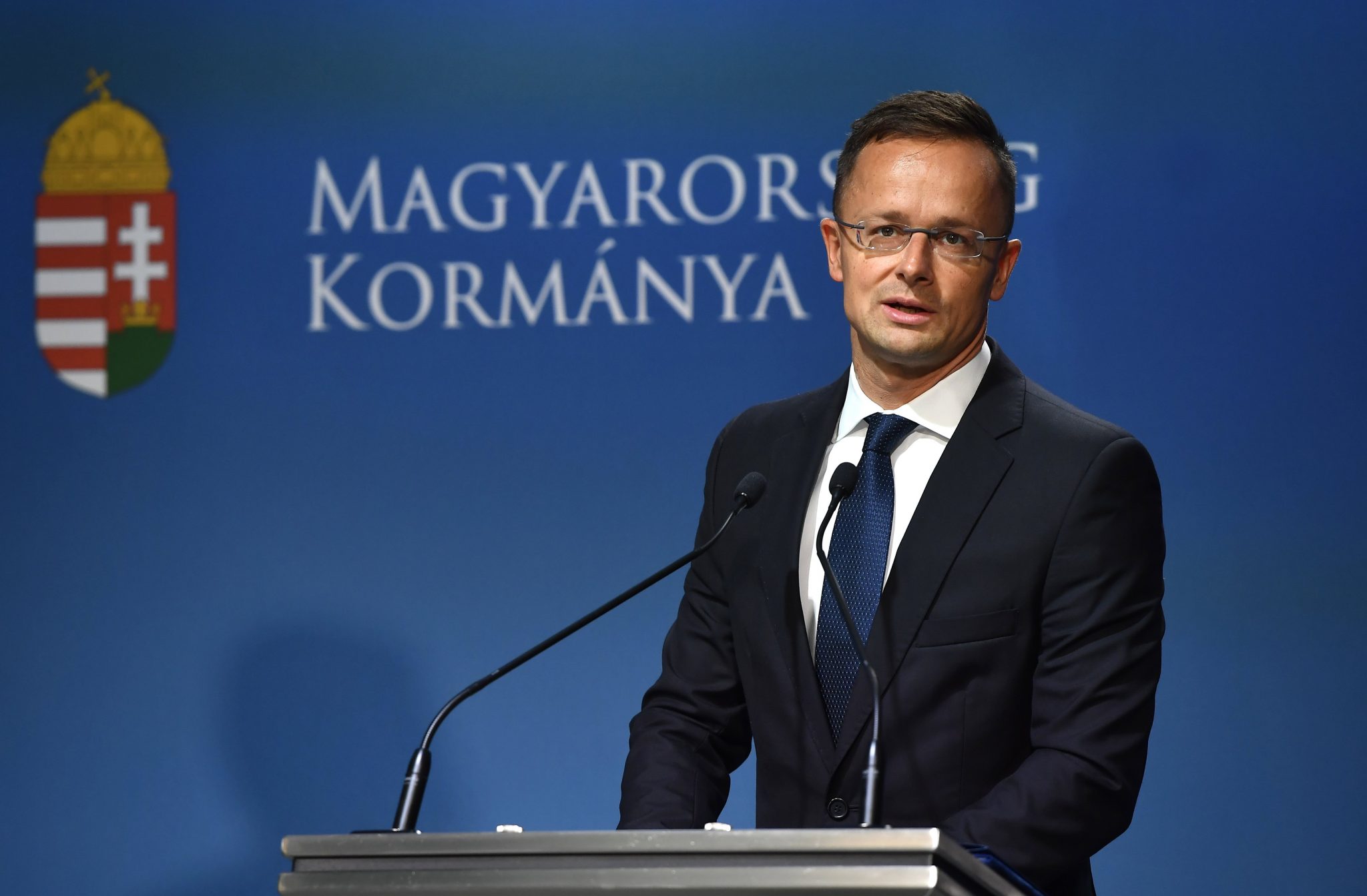
If the EU is determined to impose sanctions on Russian oil imports, it should make an exemption on pipeline transit shipments, Szijjártó said.Continue reading

The results of the April 3 election have justified the government’s economic policy, and the new government is planning to continue the work accordingly, Péter Szijjártó, the minister of foreign affairs and trade slated to stay in office in the fourth consecutive Orbán government, told parliament’s economic committee on Wednesday.
At his hearing after being flagged for the post by Prime Minister Viktor Orbán, Szijjártó told the committee the government’s aim was to protect the achievements of Hungarian people and businesses, bolstered by last year’s 7.1 percent GDP growth. In the first quarter of 2022, growth was 8.2 percent, he added.
Challenges of the coming period include a “revolution of the automotive industry”, ensuring uninterrupted supply chains, and a global food and energy supply crisis, Szijjártó said.
In a bid to draw electric car manufacturing to Hungary, where the car industry is “one of the most important sectors”, Szijjártó said the government was aiming to support raising battery manufacturing capacity from 50GWh to 150GWh by 2025, Szijjártó said.
Meanwhile, the government will “intensively” support agricultural and food industry development, he said. In the crisis threatening food supplies worldwide, Hungary’s ability to produce twice the amount of food consumed domestically has become even more important, he said.
In response to the looming energy crisis, the government will work to speed up the upgrade of the Paks nuclear plant, he said.
Hungary has emerged strengthened from the economic crisis following the coronavirus pandemic, Szijjártó said. Political stability, infrastructural development and the lowest corporate tax rate in the European Union continues to draw investors, he said.
As a results, 2021 was the Hungarian economy’s most successful year in history, with GDP growth at 7.1 percent and exports at 119 billion euros, up 14 percent from the previous year, he said.
The government’s policy to open to the East has proven a success too, with export volume jumping by 45 percent to the East and by 93 percent to the South compared with 2010, he said.
In investment funding, the government has provided funding for 96 projects in the past year, to the tune of 1,886 billion forints (EUR 4.7bn), with government support reaching 271 billion forints, he said.
Responding to questions from opposition lawmakers, Szijjártó said the government “has done much to diversify energy resources”. Hungary’s natural gas system is now connected to six of its seven neighbours, and crude can flow into the country via Ukraine and Croatia, he said. The electricity grid will soon be connected to that of the neighbouring countries, he said.
Besides Russia, Hungary also has a long-term gas delivery agreement with Shell, he said.
At the same time, the government will not risk Hungary’s energy security because of the war, he said.
Hungary will continue to upgrade the Paks nuclear plant, as the European Union has “made it clear that civilian use of nuclear energy will be exempt from sanctions” against Russia imposed in response to the war in Ukraine, he said. At a meeting with Rosatom leaders in Istanbul, the Russian state-owned company’s representatives said they were “able to complete the project”, he said. Hungary aims to speed up the works and have the new blocks up and running by 2030, he said.
At the same time, converting Hungarian plants from the use of Russian-type oil to others would take four years and some 550 million euros, he said.
Meanwhile, the government is orchestrating the largest humanitarian operation in Hungary’s history to help Ukrainians fleeing the war. It has already allowed 700,000 people into the country, providing work and education to those wishing to stay, he said.
Szijjártó’s nomination was confirmed with 10 votes in favour and 3 against.
Govt committed to ensuring Hungary energy security
The government will continue to be committed to Hungary’s energy security over the next four years, Szijjártó, told at another hearing on Wednesday. Speaking before parliament’s sustainable development committee, Szijjártó said fulfilling this task would be more difficult than it was in the past 12 years.
The incoming cabinet’s energy policy will focus on accelerating the construction and speedy start of two new blocs at Hungary’s sole nuclear power plant at Paks, as well as on continuing efforts to diversify energy supplies, Szijjártó said.
The government will also continue to stand up for the security of Hungary’s energy supplies in Europe, he said.
The committee supported Szijjártó’s appointment with 5 votes in favour and one against.
Featured photo by Tibor Illyés/MTI